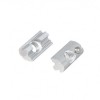
Active filters:
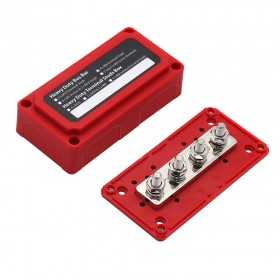

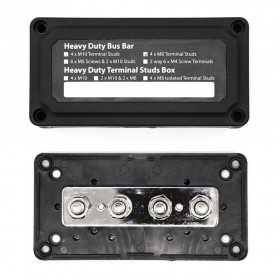

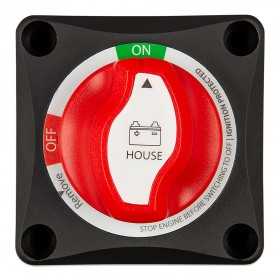

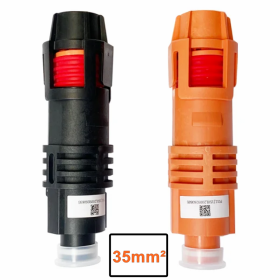

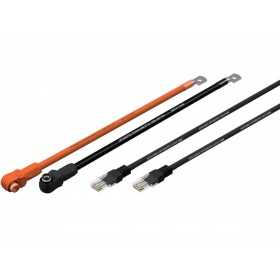

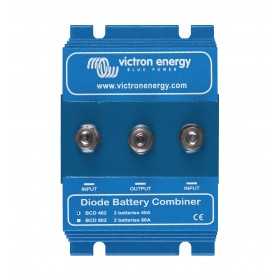

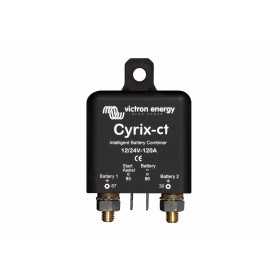

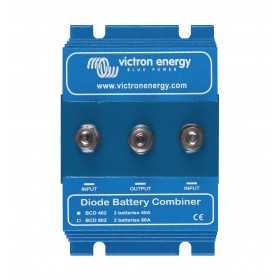

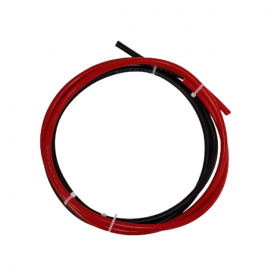

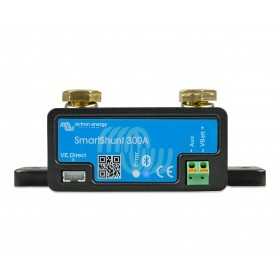

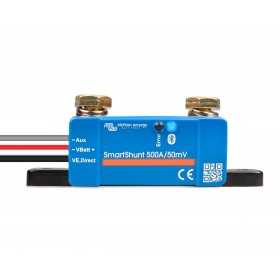



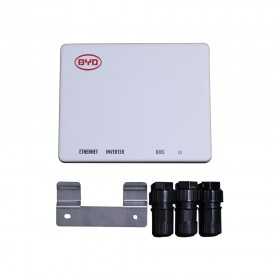

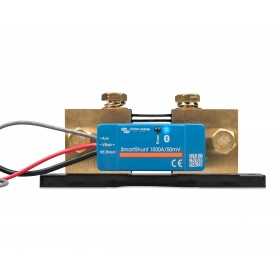

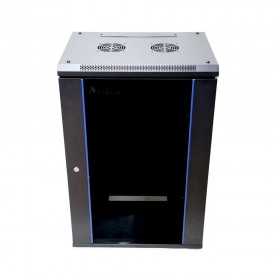

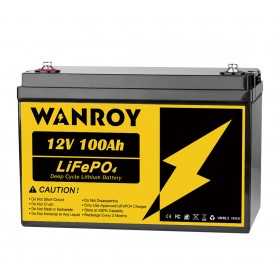

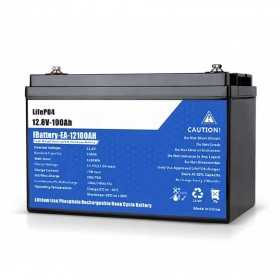

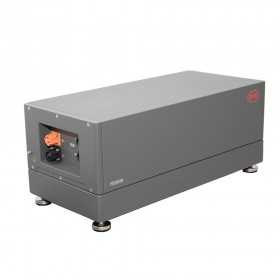

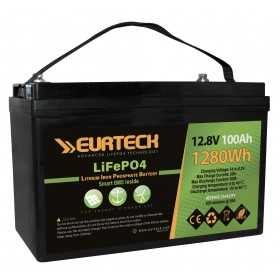

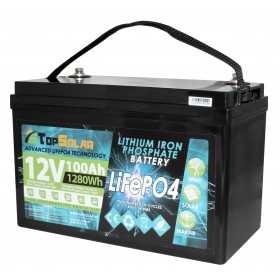

The new storage systems are composed of the latest generation lithium-ion batteries LiFePO4 that have a much longer life than the old-concept batteries. Lightweight and compact, lithium batteries are able to store the energy generated by the photovoltaic system and supply it when required, generally in the evening, limiting the consumption of energy taken from the grid to a minimum. Storage systems with lithium batteries are used more in domestic photovoltaic systems where energy accumulations ranging from 3 Kwh up to 10-15 kwh are required. Generally these latest generation storage systems are modular, in the sense that it is Multiple battery modules can be purchased and connected in parallel in order to increase the capacity of the energy reserve. Now also used for small applications on boats, campers or cabins in off-grid photovoltaic systems, lithium batteries are appreciated for their lightness and very long life expectancy.
Lithium iron phosphate batteries.
The lithium iron phosphate (LiFePO4) battery (also called "LFP" for short) is a type of rechargeable battery, specifically a lithium ion battery, which uses lithium iron phosphate as the cathode material.
LiFePO4 batteries are always batteries that use lithium chemistry, therefore they share the same advantages and disadvantages with it. The key advantages of LiFePO4 batteries, compared to LiCoO2, are greater thermal resistance, greater resistance to aging, higher peak current and the use of iron which, unlike cobalt, has a lower environmental impact.
The average life of the LFPs, if used at 90% of the nominal capacity, abundantly exceeds the 2,000-10,000 complete cycles of useful life, even subjected to large loads, giving excellent voltage stability. Compared to other lithium technologies, LFP batteries are subject to a relatively low aging effect even when kept at high temperatures.
The cells are commercially available in different formats which make them particularly suitable for making traction batteries in the most popular sizes of 100 / 200 / 300 / 400 / 500AH.
A photovoltaic accumulator must be reliable for many years, only in this way can it be economically sustainable. Again, battery technology is crucial. Our LiFePO4 batteries are designed for a duration of 2000-10000 cycles depending on the model and use. (Max 80% discharge is recommended). They have no memory effect.
Active filters:







































